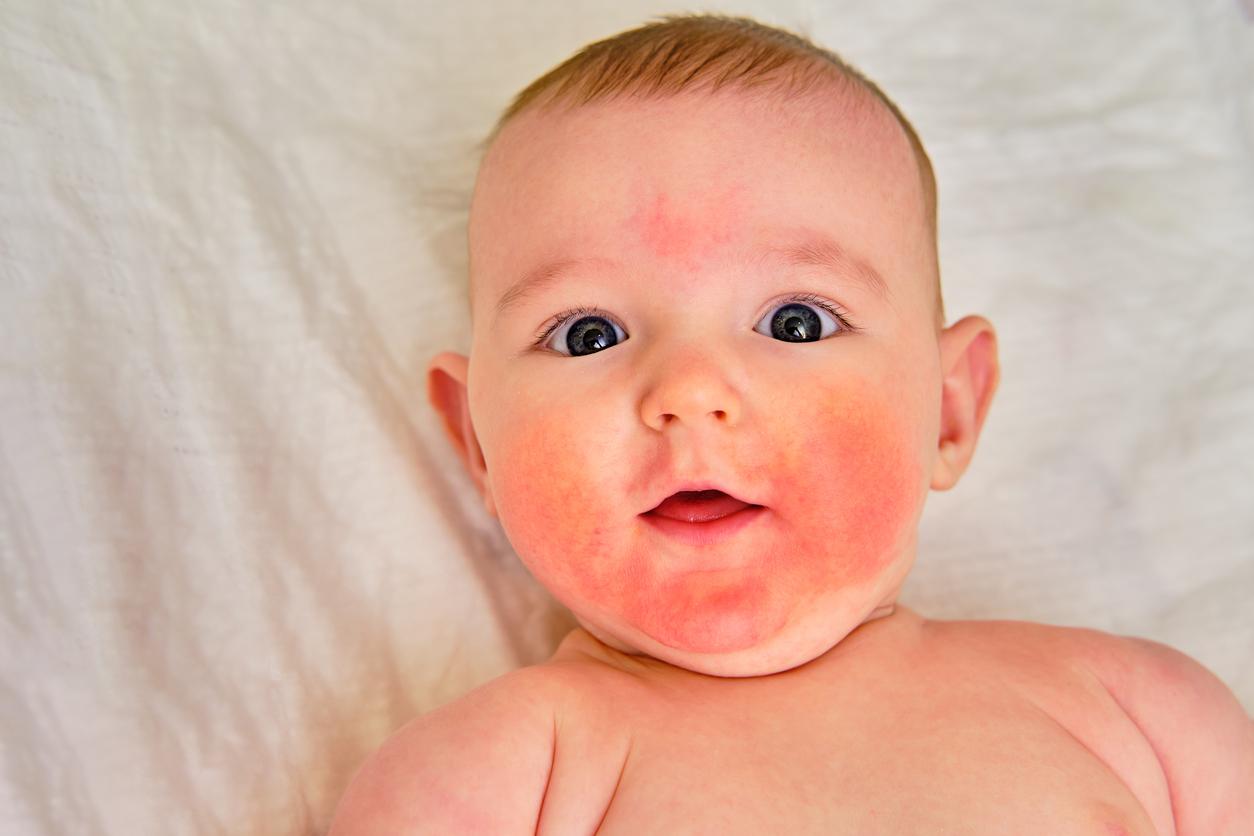Infant colic affects a large number of breastfed babies. A treatment with probiotics could provide a solution for parents.

Excessive crying in newborns is very common. They can be linked to colic. Currently, no solution can really treat this disease. Valerie Sung, a doctor at the Murdoch Research Institute of Australia, examined the impact of probiotics on infant health. The results were published this Monday, October 7 in the journal JAMA Pediatrics.
One hour less crying
A study, conducted by the Royal Children’s Hospital Melbourne (Australia) used the probiotic Lactobacillus reuteri in treatment and prevention of infant colic. Twelve series of tests were carried out on more than 1,800 newborns, breastfed or bottle-fed, aged 3 months or less. Five series focused on the treatment of colic with probiotics, 7 on prevention. Some babies received L reuteri, some placebo and some no treatment. To measure the effectiveness of probiotics, researchers noted the frequency and duration of diagnosed crying or colic.
The results of the study are mixed. Half of the trials suggest probiotics provide relief to infants. Of the 5 “treatment” trials, 3 concluded that the L reuteri treats infant colic in breastfed babies. The average duration of crying is reduced by one hour. But the effectiveness of probiotics is almost non-existent in bottle-fed children. As for preventive trials, they have not shown any impact on the condition of newborns.
Insufficient evidence
The study authors point out that there is a lack of evidence to support the use of probiotics in the treatment of infant colic. This study provides a first indication of the effectiveness of L reuteri in breast-fed newborns. Results are considered insufficient in bottle-fed children. The report concludes that more developed and rigorous clinical trials are needed. They will allow precise determination of the effectiveness of the probiotic. L reuteri in treatment of infant colic.
.














